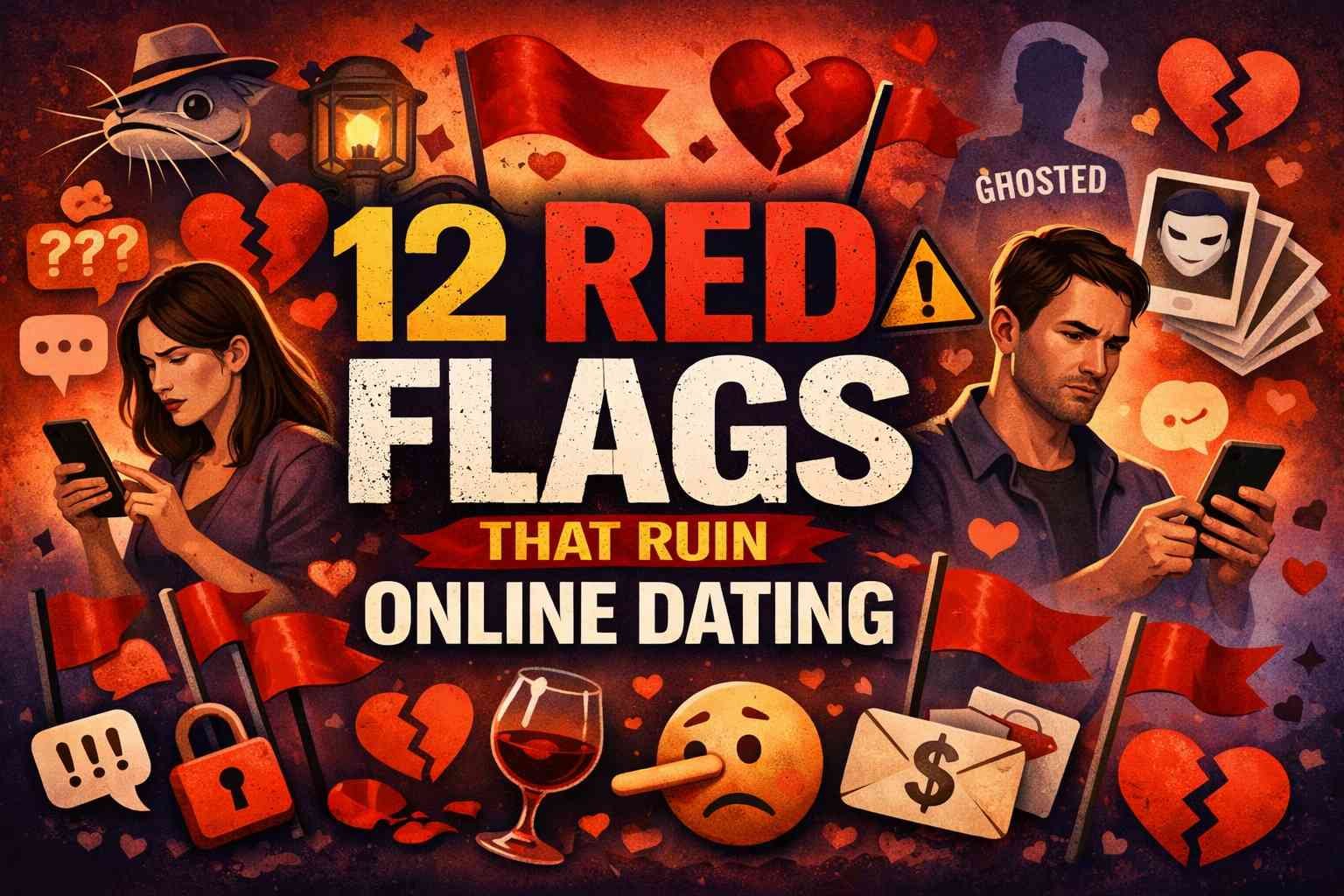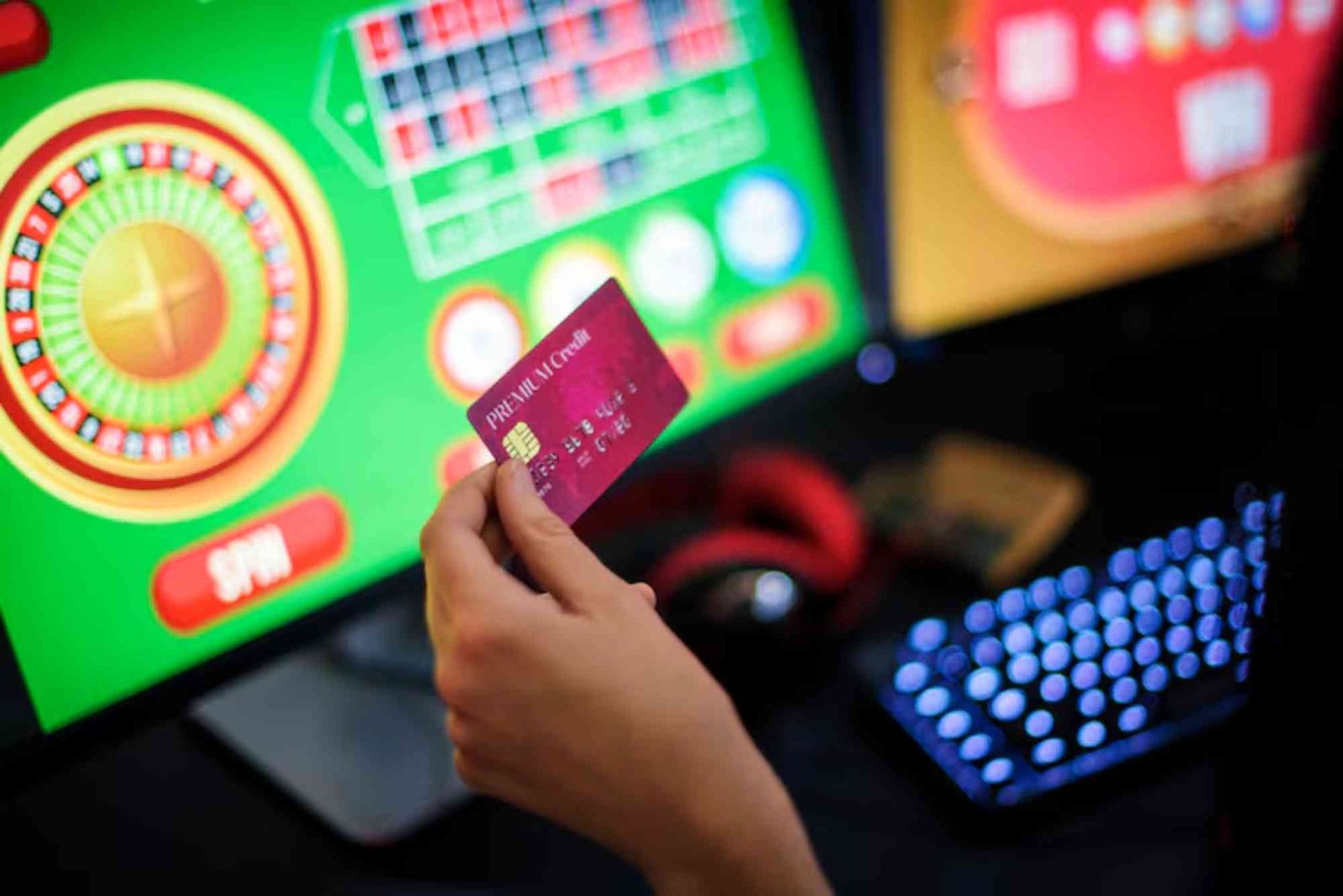The digital age has completely reshaped the childhood experience. Where once afternoons were filled with outdoor games, storytelling, or riding bikes around the neighborhood, now children often spend much of their free time on tablets and smartphones. Mobile games have become a central part of their entertainment world, and some titles have grown so popular that they become household names. One such game is the chicken road game.
On the surface, this game looks like harmless fun. A cartoon chicken tries to cross busy roads, rivers, and train tracks, dodging cars, trucks, and other obstacles. The controls are simple, the visuals are bright, and the concept is straightforward. But parents and educators naturally wonder: is this game actually safe for kids, or are there hidden risks? And what about the concerning new twist known as the chicken road gambling game?
Let’s take a closer look at the fun side, the risks, and the responsibilities that come with letting children play.
Why Kids Love the Chicken Road Game
One reason children are drawn to the chicken road game is its simplicity. Unlike complex console games that demand hours of commitment, this one can be played in short bursts. A single round may last only a few seconds before the chicken gets flattened by a car. Instead of discouraging kids, this failure makes them laugh and try again.
Kids are also wired to enjoy games that give them quick rewards. Every time they cross a road successfully, they feel a small sense of achievement. The game then builds on this, tempting them to keep going for a higher score. The psychology here is powerful: kids experience short bursts of dopamine, the brain’s “feel good” chemical, which reinforces their desire to play again and again.
Another factor is accessibility. The game doesn’t require reading skills, complicated strategies, or advanced hand-eye coordination. Even very young children can figure it out. Parents often download it because it looks safe, funny, and free. But as with any digital activity, what seems innocent at first glance may still require a closer look.
The Safety Question
From a content perspective, the chicken road game is relatively safe. There is no graphic violence, no offensive language, and no direct online interaction with strangers. This already makes it safer than many multiplayer titles where kids can be exposed to inappropriate chats or bullying.
But safety isn’t always about what’s on the screen. There are other concerns that parents should be aware of:
-
Addictive design – Because the game doesn’t really end, kids may spend far more time than intended. “Just one more try” can quickly stretch into hours.
-
In-app purchases – Many versions encourage spending money to unlock new characters or remove ads. Children who don’t understand real money can make accidental purchases.
-
Advertising exposure – Free-to-play models rely heavily on ads, and sometimes these ads promote apps or products that aren’t suitable for young audiences.
None of these issues are unique to this game—they exist across the mobile gaming industry—but they highlight why parental guidance is important.
The Emergence of the Chicken Road Gambling Game
Unfortunately, the story doesn’t end with the standard app. In recent years, another disturbing trend has appeared: the chicken road gambling game. This version doesn’t just let kids or adults play for fun—it integrates betting mechanics into the gameplay.
Instead of simply guiding the chicken across roads, players place bets on outcomes, such as how far the chicken will travel or whether it will survive a certain stretch. In some versions, the format is closer to a slot machine, where results are randomized but decorated with the familiar chicken-road theme.
The real danger here is confusion. A child searching online for the chicken road game may accidentally land on a gambling version. The names sound nearly identical, and the branding often looks similar. Parents may think their child is still playing the safe mobile app, but in reality, they could be exposed to gambling-style play.
Why Gambling Versions Are Risky
The problem with the chicken road gambling game is not only the possibility of losing money but also the psychological impact. Gambling games are designed to hook players through reward loops, near-misses, and flashy animations. For children, who are still developing impulse control, this is particularly dangerous.
Several issues arise when kids encounter gambling-style games:
-
Normalization of risky behavior – If kids see gambling as just another form of play, they may not understand its long-term dangers.
-
Financial consequences – Even small bets can quickly add up. Some platforms lure players with free credits, only to later push real-money deposits.
-
Emotional rollercoaster – Wins and losses can create intense highs and lows. For children, this can lead to frustration, anxiety, or even early signs of addictive behavior.
What makes it worse is that the chicken road gambling game uses the familiarity of the original app to gain trust. Kids think they’re playing something funny and harmless, while in reality, they’re being exposed to one of the most addictive industries in the world.
Parents’ Role in Managing Risks
The good news is that parents can take concrete steps to protect their children. Awareness is the first step—knowing that the chicken road gambling game exists and how it differs from the safe version is crucial.
Practical steps include:
-
Download from official app stores only. Google Play and Apple App Store have stricter safety checks than random websites.
-
Test the game yourself. Playing a few rounds gives you a clear picture of what your child sees.
-
Set parental controls. These can prevent in-app purchases and limit screen time.
-
Have open conversations. Instead of banning games outright, explain why gambling-style versions aren’t safe. Kids are more likely to listen when they understand the reasons behind rules.
Parents don’t have to say no to all gaming. The goal is to create balance and boundaries that let children enjoy fun apps while avoiding the darker corners of the internet.
Can There Be Positive Outcomes?
It’s worth pointing out that games like the chicken road game can have positive effects when used wisely. They can improve hand-eye coordination, reaction times, and even basic problem-solving skills. The act of waiting for the right moment to cross the road teaches patience and risk assessment.
Some educators have even used similar games in classrooms to give children short cognitive breaks or to teach lessons about timing and consequences. While the game should never replace physical activity, reading, or social interaction, it can be part of a balanced mix of activities.
The Bigger Picture of Kids and Digital Entertainment
The conversation about whether kids can safely play the chicken road game is part of a much broader discussion. Children today are surrounded by screens and digital temptations. Completely shielding them isn’t realistic, but guiding them is essential.
Games aren’t inherently bad. In fact, many of us who grew up playing simple arcade games cherish those memories. The key difference now is that the digital landscape includes risks that weren’t present before—like in-app purchases, predatory advertising, and gambling disguised as play. The chicken road gambling game is a perfect example of this shift.
Final Thoughts
So, can kids play the chicken road game safely? The answer is yes—but only with supervision and awareness. The original game is cheerful, silly, and relatively harmless compared to many alternatives. It offers quick entertainment, laughter, and even a chance for families to bond over shared play.
The real concern lies in the misleading variations, particularly the chicken road gambling game. Parents need to know that this exists, recognize the difference, and ensure their children aren’t exposed to gambling mechanics disguised as child-friendly apps.
Ultimately, children don’t have to miss out on fun digital experiences. They just need guidance, boundaries, and parents who are engaged enough to distinguish safe play from risky imitations. With that balance, kids can enjoy the harmless humor of the chicken road game without falling into traps designed for profit at their expense.



